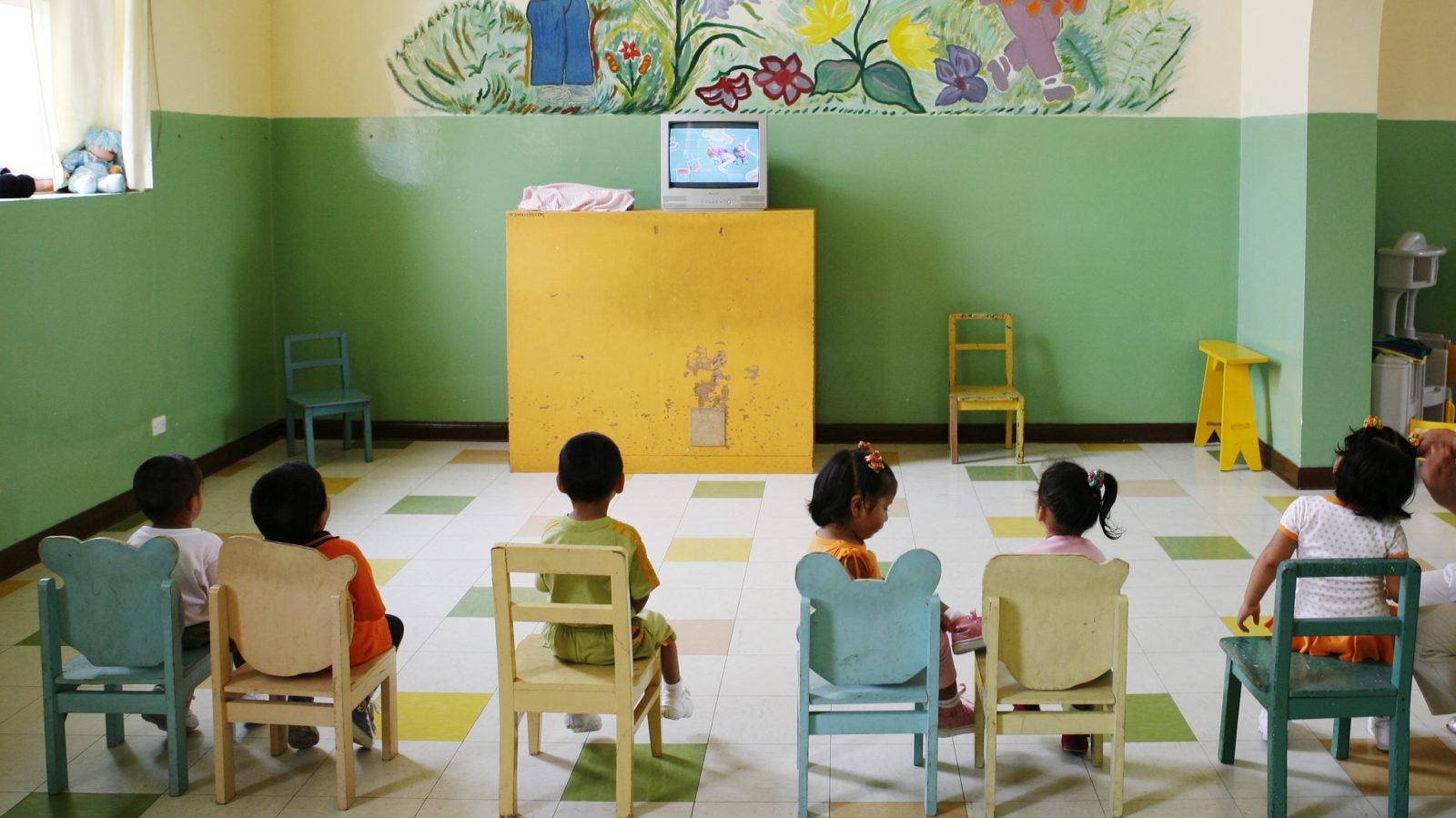Britain is banning ads that typecast girls as ballerinas and boys as engineers
Parents who don’t want their kids force-fed gender stereotypes over breakfast have a new ally.


Parents who don’t want their kids force-fed gender stereotypes over breakfast have a new ally.
The UK’s advertising industry regulator has announced that portrayals of little girls aspiring to be, say, a ballerina while boys hope to be, for instance, a scientist or doctor will be banned from the country’s ads. Many of these air during kids’ programs and target teens through social media.
The Advertising Standards Authority’s (ASA) new rules build on existing legislation that prohibits ads that portray women as sexual objects or dangerously thin. The group released a report this week on the potential harm to children and adults of promoting gender stereotypes. Under the new rules, ads of women cleaning up alone after a messy family, men failing to do basic household chores, or children barred from an activity because it was “inappropriate” to their gender will be banned.
There are a host of examples in ads already: In a Weetabix breakfast cereal ad, a girl dressed in pink arranges dolls, dances, draws hearts in a diary, and pampers the family dog, while a boy, dressed in blue as a superhero, meddles in the girl’s activities. An Aptamil baby formula ad shows a baby girl “growing up” to become a ballerina, while boys grow up to be mathematicians and mountaineers.
The new standards tackle adult stereotypes, too. The report said depicting men as “doofus” dads could undermine their role in housework and childcare. Ads with arrogant, dominant male characters and weak, submissive female characters are also on the ASA’s radar.
An ad for Dior Homme perfume is a prime example: Actor Robert Pattison plays a dominant character who holds model Camille Row by the throat as he kisses her, leads her by the hand, carries her, does the driving, and operates a film projector, all while she meekly follows along.